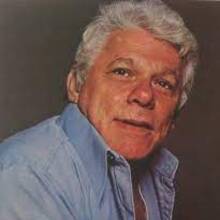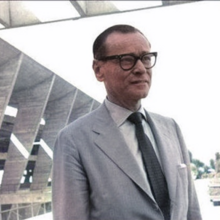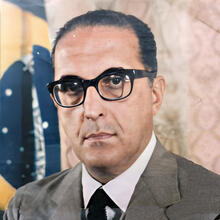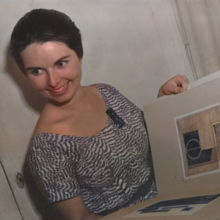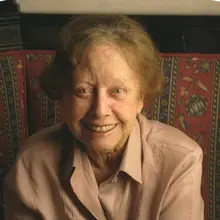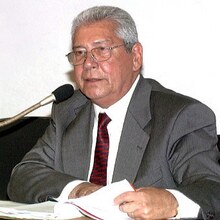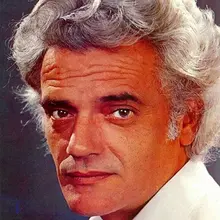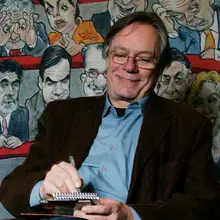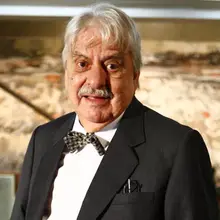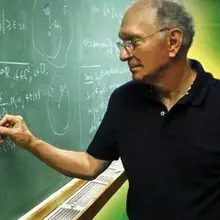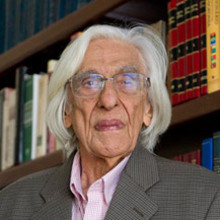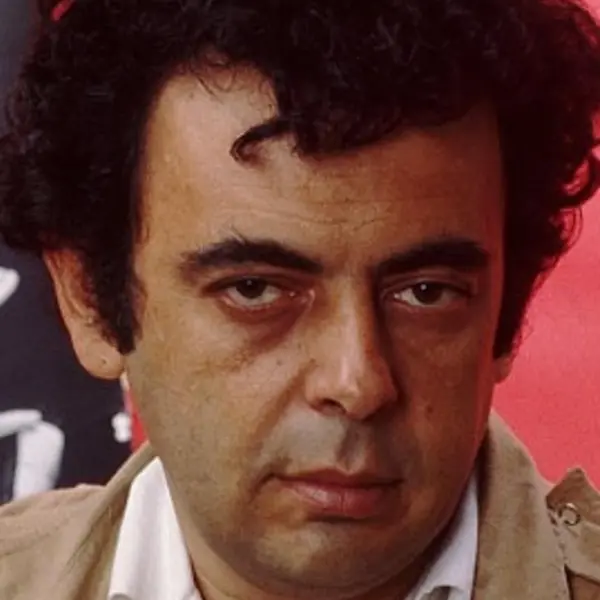
Personal
Other names:
Job / Known for:
Film director and writer
Left traces:
Several influential films in Brazil
Born
Date:
1939-03-14
Location:
BR
Vitória da Conquista, Bahia
Died
Date:
1981-08-22 (aged 42)
Resting place:
BR
Cemitério São João Batista, Rio de Janeiro
Death Cause:
Lung infection
Family
Spouse:
Paula Gaitán (1977-1981)
Children:
Ava Patria Rocha and Eryk Rocha
Parent(s):
Adamastor Bráulio Silva Rocha and Lúcia Mendes de Andrade Rocha
QR Code:
Show More
Rank
Users ranking to :
Thanks, you rate star
Ranking
5.0
1
Fullname
Glauber Rocha
Slogan
Cinema Novo is the expression of a crisis. It is the hunger of the people who make films.
About me / Bio:
Show More
Article for Glauber Rocha
Died profile like Glauber Rocha
Comments:

